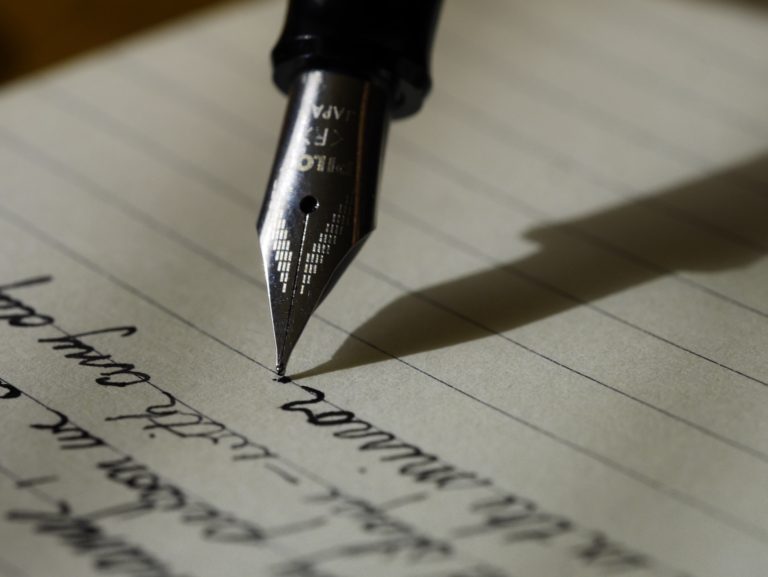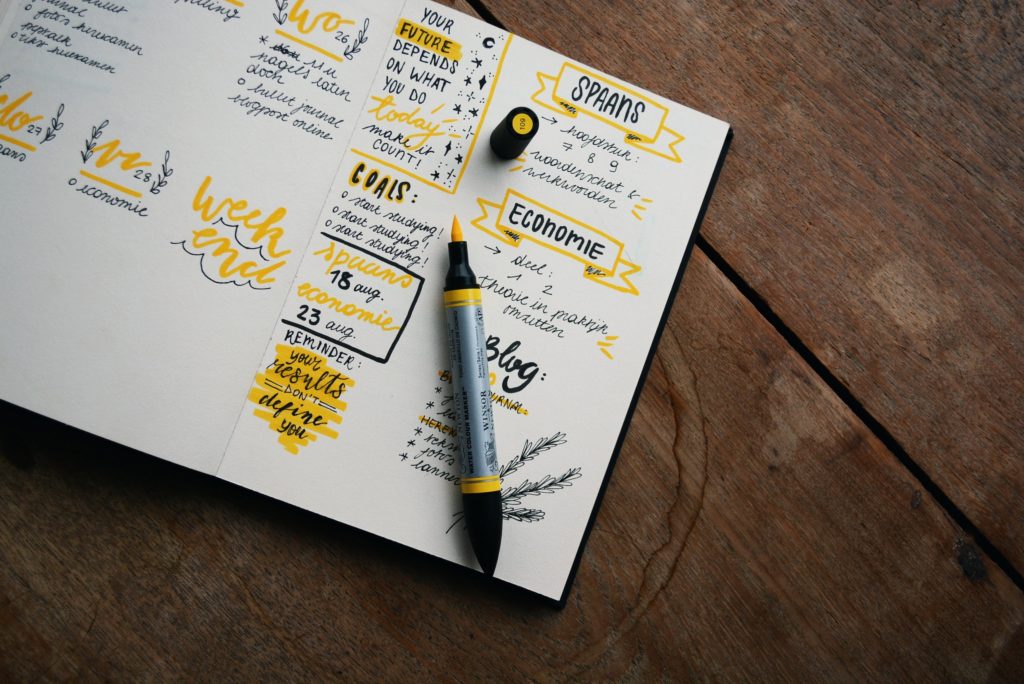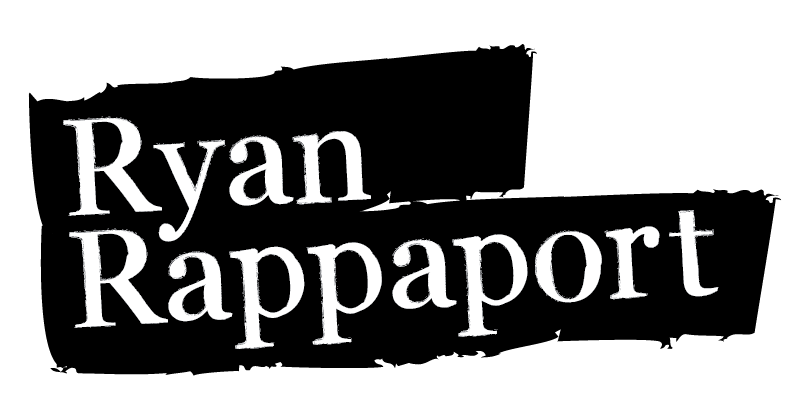
There’s an appeal to a blank page. What goes on it? How should the first page frame the (possibly) hundreds that come after? It’s also intimidating. That first page will shape the start of the work. But the most exciting of all is the notebook.
A New Notebook
I love notebooks. I have an unhealthy fascination with them. Don’t take me to a stationery store; we’ll be there for hours as I gawk at every notebook. The weight of the paper, the design of the cover: every notebook is different. They feel different, they give off a different aura. Pick up a Moleskine or a Composition notebook (those weird black-and-white ones) and at once you’ll feel the difference between the two.
Every notebook provides you an opportunity. Within these pages, you can write the next work that changes the world. You can embed your deepest secrets, grandest ideas, or simply the most mundane, everyday tasks. Yes, your computer can do the same (and more), but to me there’s something more intimate, more pleasurable about writing by hand in a personal notebook.
Analog Writing
Analog writing (as opposed to the now-commonplace digital writing) provides a space for sloppiness. Here you are allowed to be as unformatted as you like. You have the permission to write in fragments rather than in whole, complete thoughts. Or, if you prefer, you can write your manifesto as perfectly as you like before publishing.
I struggle with this when approaching digital writing. Even though I use amazing tools like Scrivener when writing, which comes close to the feeling of writing in a notebook, it just doesn’t match the real thing.

And then there’s the weight of a pen in your hand. If I have the time and energy (very rare today), I’ll break out my fountain pen and relish in its now-anachronistic beauty. I used to hate grammar school’s writing prompts, but now a proper pen can make writing all the more exciting. I recently invested in a Helvetica pen, weighted down by its brass construction. While I don’t normally go for non-gel ballpoint pens, but this one’s heftiness alone sold me on it. I am excited to write.
The Pleasure of Handwriting
When I approach a digital writing platform, I feel expected to make my writing perfect. It has to look perfect just as much as it must sound flawless. But writing, especially first drafts, is not flawless. Scrivener makes this easier for me, as I can have individual cards for each thought, but on the whole I feel expected to have a finished product when I “complete” a project.
With a notebook, my thoughts can take up their own page and come together later. My hands on a keyboard, however satisfying it might be (looking at you, $300 Typewriter Keyboard), cannot provide the freedom that the pages of a notebook provide.
My Digital Dilemma
The other problem with a digital platform is the fact that there are so many barriers to writing that they often get in my way. I have to grab my computer, log on, find my writing app (Scrivener for creative writing, Obsidian for note-taking), open it up, and start writing. The steps for a notebook? Grab a pen, which I often have on me, and the notebook. Find an empty page and start writing. It’s that easy.
Of course, I will often transfer my writing to the computer, which is a step in its own right. But in these transfers, I’ll often edit the flaws in my handwritten text. So, if I’ve done a bit of playwriting, by the time I’ve transferred it to the computer, I’ve already performed a first (or, more often, third) edit.
That’s not to mention the deep history that handwriting has. As humans, we’ve been writing (though in different forms) for millennia. How could I abandon a tradition as deeply rooted in human history? When I write in a notebook, I feel more connected to writers of the past than when I write on a computer. Sure, the simplicity and ability to write faster is something I value in computers, but there is a disconnect between me and my writing. Handwriting, conversely, counters this disconnect. I feel closer to my text.
Writing Practice
I often use notebooks to take notes (quite self-explanatory, I feel), but I also use it to capture ideas I have for plays. Strangely, the one thing I haven’t tried has been handwriting plays. I’m aiming to fix this in the coming months. I love the idea of having notebooks upon notebooks filled with the genesis of plays and the practice of writing them.
I’ve realized more and more over the past four months that I don’t enjoy the research of theatre as much as I do creating and imagining new works. I already have notebooks filled with ideas for plays I had no confidence in writing. Now, with my new Midori notebook (I succumbed and went to a stationery store), I plan to use it to flesh out the beginnings of these plays.
I’m excited about the opportunity that a new notebook provides. I’m even more excited to get to work.

